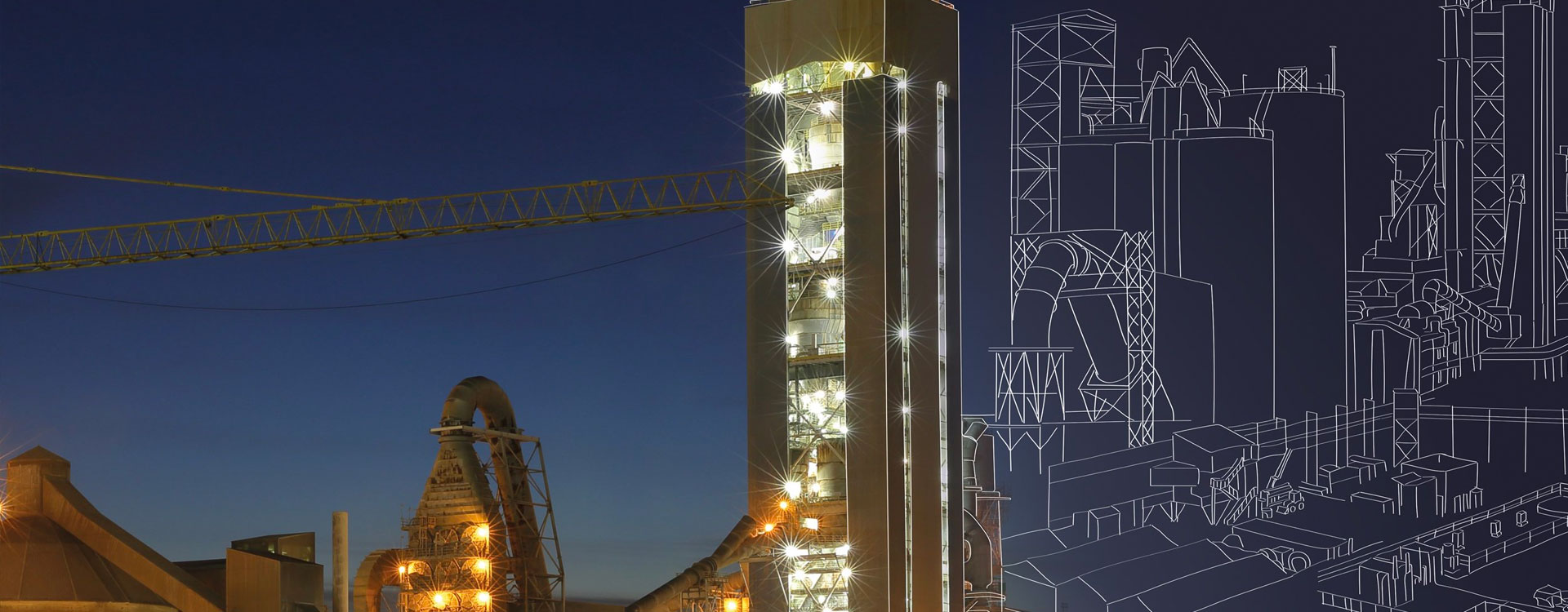
Digital transformation is fast becoming a crucial part of any manufacturing company’s operations in the race towards industry 4.0. Smart autonomous systems fuelled by data are set to usher in a new era of greater efficiency and productivity, with less waste or harmful effects on the environment.
But new technology tends to bring with it new scope for confusion – and industrial digitalisation is no exception. So it’s worth looking at why a machine learning (ML) approach beats traditional industrial data science when it comes to digital transformation.
From e-commerce to transportation, industries are using data science to derive insights from ‘big data’ – the current explosion of information – to help them make strategic decisions and optimise outcomes. There’s no doubt that data science is having transformative results. But the use of ML is taking things to a new level.
In the cement industry, for example, the emphasis until now has tended to be on picking out a series of events from the data to highlight a potential problem or explain a breakdown. A typical scenario might highlight that at 11 pm on Saturday the feed rate dropped, the elevator amps increased and the differential pressure in the mill dropped – which suggests something is catching in the elevator and causing a blockage.
Another data science approach might involve looking back over the data to find the root cause of something like a cyclone blockage – too much alternative fuel added too quickly, for example, or an improper temperature loop control. Or data for a whole week might be exported to show performance of key parameters such as electricity costs per tonne produced or throughput over time.
But, on the whole, time pressures mean that this approach would mainly be used for ‘firefighting’ around specific issues that have been observed. With no time to trawl through spreadsheets for historical data anyway, it has often been difficult to take a holistic view of plant operations over time.
ML, on the other hand, is transforming the use of industrial plant data. The technology is able to digest and learn from years of data to find trends, anomalies, etc in a way that is simply impractical for a human. And ML models can be trained to not only understand data but to make predictions and offer recommendations to plant operators. The emphasis is on helping with decision making – rather than just analytics.
That’s why ML is at the heart of Carbon Re’s decarbonisation platform. By analysing sensor data gathered by distributed control systems, our technology creates a digital twin of an individual cement plant – delivering an accurate representation of the real-world performance of that specific plant. ML is then used to learn complex process control in a sophisticated simulation. The outputs are valuable insights into how to maximise efficiency, with specific and quantified recommendations – for things like kiln feed rate and I.D. fan speed – to be actioned by the operator.
As this approach is based on ML, it brings faster improvements than traditional data science as the models get better over time and are easily scalable once they have learnt the intricacies of a plant. Our focus is on applying deep learning to understand the physical and chemical properties of a cement plant – rather than the classical shallow data science techniques.
It’s tempting to think the so-called fourth industrial revolution is only about technology. But smart technology is only possible thanks to smart people. And the success of the Carbon Re platform is due to the team behind it. Our ML experts come from top universities and deep tech companies – including household names such as Google, Microsoft and Apple – to ensure the platform is based on state-of-the-art ML rather than standard data science.
Working at the cutting edge of ML means that Carbon Re is part of the global ML research and development process – and maximises the benefits of technology transfer from different industries. For an industry such as cement manufacturing, this opens up access to the kind of expertise that would not usually be available within its sector.
It’s all about ensuring customers get ahead of the curve when it comes to the application of ML to lower fuel costs and emissions. Along with Carbon Re’s extensive knowledge of the cement industry, it’s a winning combination.
